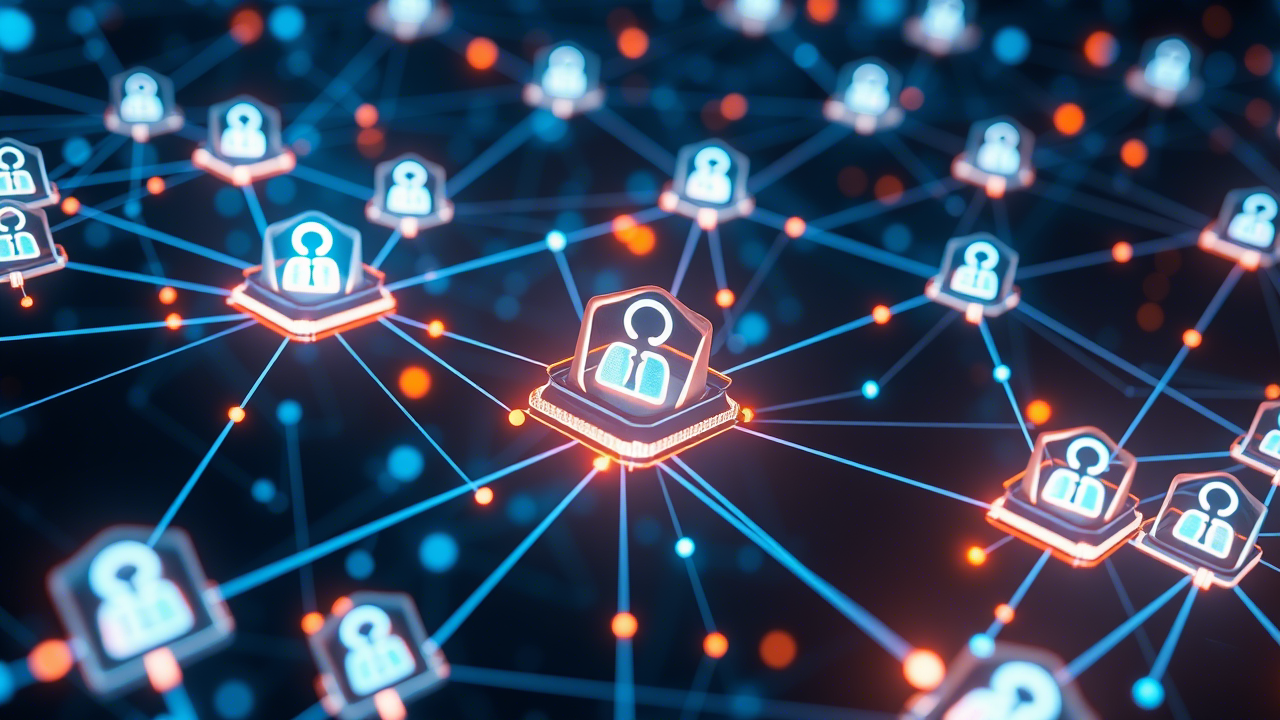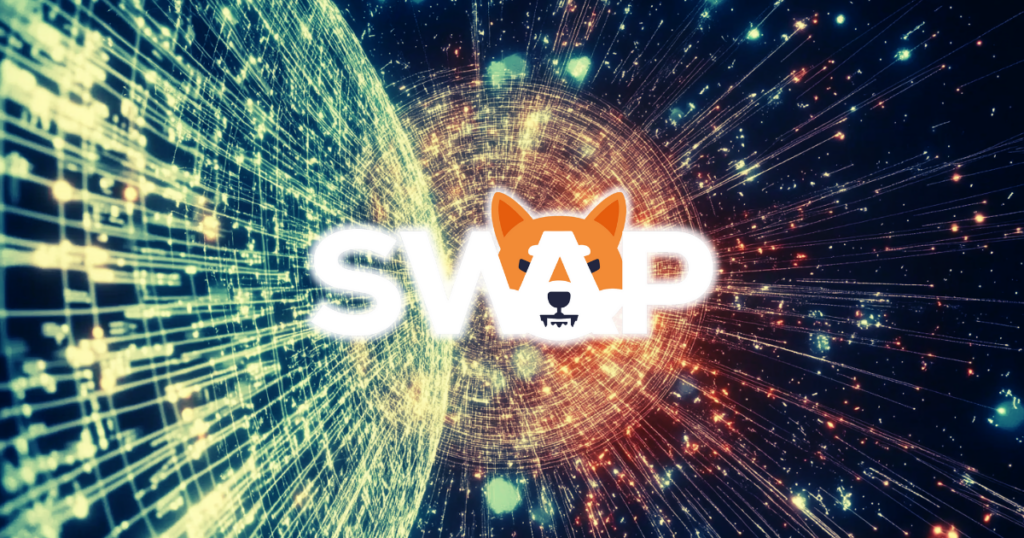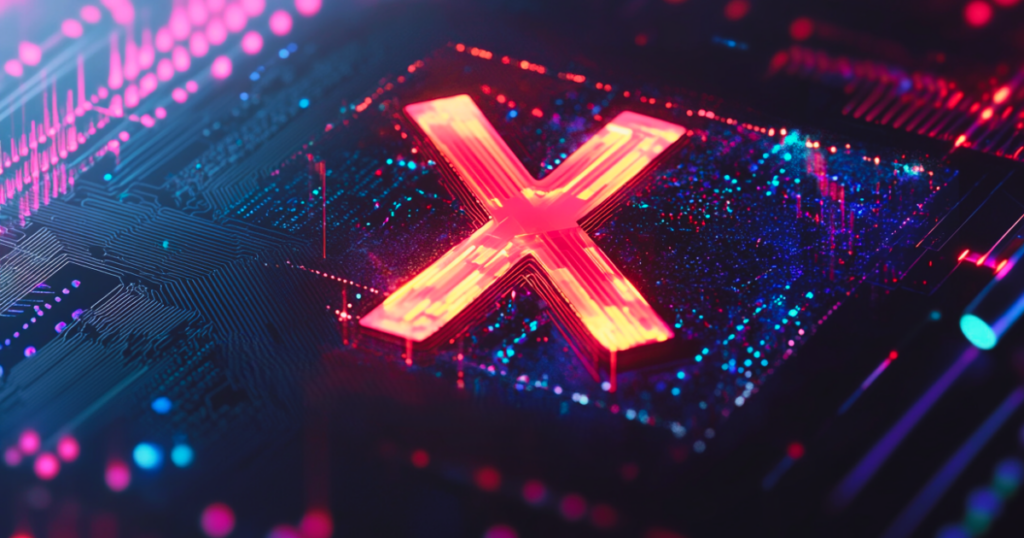Let’s be real—most of us juggle way too many usernames and passwords. One for your email, five for social media, three more for streaming, shopping, and that one weird app you used once and forgot. Sound familiar? That’s the current state of digital identity for most people: a scattered mess of logins, personal info spread across the internet, and a whole lot of trust placed in companies we barely know.
And here’s the thing—those companies don’t always keep our info safe. Data breaches happen. Hackers get in. Our emails, birthdays, even credit card numbers can end up floating around the dark web like confetti after a parade.
The problem? We don’t actually own our digital identity. It’s stored on other people’s servers, managed by systems we can’t see, and often used in ways we didn’t agree to. But there’s a new player in town that’s flipping the script—blockchain. It’s not just for crypto bros and tech nerds. It might just be the thing that finally gives regular people control over their digital identity. Let’s break it down.
What Is Blockchain-Based Digital Identity?
Let’s start with the basics. You’ve probably heard of blockchain and thought, “Isn’t that just crypto stuff?” Fair question—but it’s way more than that. One of its most exciting uses is helping us take control of our digital identity. And no, you don’t need to be a tech wizard to get it.
Your Info, Your Rules
Think of your digital identity like a passport. Except instead of being issued by a government, this one lives on the blockchain—and you hold the keys.
Right now, most of our personal info is scattered across the internet:
- Your name and birthday in one database
- Your email and password in another
- Your shopping preferences stored somewhere else entirely
All of that is handled (and sometimes mishandled) by different companies.
With blockchain-based digital identity, all that changes. Here’s what it does differently:
- Puts you in control: You decide what to share, when to share it, and with whom.
- Keeps your data safe: Everything is encrypted and stored in a way that’s nearly impossible to tamper with.
- Works across platforms: No more creating new accounts or remembering a dozen passwords.
What Is Self-Sovereign Identity?
This is the star of the show. Self-sovereign identity is just a fancy way of saying you’re in charge of your own digital identity—no gatekeepers, no middlemen.
Picture this:
- You want to prove you’re over 18? Share just that fact—not your full birthdate, home address, and life story.
- Need to log in somewhere? Do it with a secure digital wallet, not another username-password combo.
Why It Matters
Instead of companies “owning” your identity online, you become the owner. Blockchain acts like a digital vault that stores your ID in a safe, transparent, and user-controlled way. It’s privacy-first, password-light, and power-to-the-people.
Related: Crypto Titans Bunker Down Now: Vitalik’s Austerity Vow, Binance $1B Bitcoin Shield
In short? It’s a smarter, safer way to exist online—and it’s all built on a system that’s designed to work for you, not against you.
Why You Should Care
Let’s break down why blockchain-based digital identity isn’t just some tech buzzword—it’s actually a game-changer for your everyday online life:
- No more password chaos – Say goodbye to the never-ending cycle of forgetting, resetting, and reusing passwords. With a blockchain ID, you log in securely using a digital wallet. It’s faster, safer, and way less stressful.
- Way less hacking risk – Right now, your personal data is sitting on company servers just waiting for the next breach. With blockchain, your info stays with you—encrypted and locked down. Even if someone wanted to steal your identity, they wouldn’t know where to look.
- Your privacy, your rules – Tired of sharing your full name, birthdate, and email just to sign up for something simple? Blockchain lets you prove who you are without oversharing. Want to show you’re over 18? You can do that without revealing your whole life story.
- You’re in control now – Instead of companies owning your digital identity and using it however they want, you call the shots. You decide what to share and when to share it—and that’s a huge shift from how things work today.
- No more being the product – A lot of “free” services use your data to make money. But when you control your digital identity, you’re no longer the product. You’re a person with rights, not just another data point.
So yeah, it’s not just about tech—it’s about freedom, privacy, and finally being the one behind the wheel of your online life.
Real-World Examples
Now that we’ve covered the basics, you’re probably wondering: “Okay, but how does this actually play out in real life?” Let’s dive into some simple, everyday examples that show how blockchain-based digital identity is already making things easier, safer, and way more convenient for people around the world.
Logging In Without Passwords
Instead of fumbling through forgotten passwords, imagine simply tapping your phone or approving a quick notification to log into a website or app. Blockchain makes this possible by replacing passwords with secure digital wallets that confirm it’s really you—fast and hassle-free.
Helping People Without Traditional IDs
Millions worldwide don’t have physical ID cards, making it hard to access essential services like banking or healthcare. Blockchain-based digital identity lets people create secure digital IDs that work even without traditional paperwork—opening doors for those in remote areas or tough situations.
In all these cases, blockchain technology is reshaping digital identity to be more user-friendly, private, and inclusive—making sure everyone can safely prove who they are without the usual hassle.
What Are the Challenges?
Alright, before we get too excited, let’s keep it real—blockchain-based digital identity is still pretty new. It’s like discovering a cool new gadget that not everyone has heard of yet, and not every app or website is ready to use it. That means while the technology has a lot of promise, it’s not everywhere just yet.
Related: Privacy Confirmed: Advanced FHE Coming To All Shiba Inu Tokens
Getting the Word Out
One big challenge is that many people don’t know about blockchain-based digital identity yet. Even some experts are still wrapping their heads around it. New ideas take time to spread, especially when they shake up how we’ve been doing things for years.
Not Quite Everywhere (Yet)
Right now, not all companies, websites, or government services support this new way of managing digital identity. It’s kind of like trying to use a cool new phone feature that only works with the latest apps. Until more services jump on board, you might still need to use the old-fashioned methods sometimes.
But Here’s the Bright Side
- Governments and businesses worldwide are testing blockchain-based digital identity in pilot programs.
- These trials cover everything from voting systems to healthcare records and travel documents.
- As the technology proves itself, more places will start offering blockchain-powered digital identity options.
So, while it’s not everywhere yet, the momentum is picking up fast. With more people and organizations seeing the benefits, blockchain could soon be how we all prove who we are online—giving everyone more control over their digital identity.
Wrapping Up
So, here’s the deal: blockchain isn’t just the mysterious tech behind Bitcoin and other cryptocurrencies. It’s also a powerful tool that could help you take back control of your digital identity and make your online life safer, simpler, and more private.
We’ve talked about how blockchain-based digital identity puts you in the driver’s seat—cutting down on passwords, keeping hackers at bay, and giving you the freedom to share only what you want. Sure, it’s still early days and not everywhere just yet, but the buzz is growing, and more companies and governments are starting to give it a real shot.
The bottom line? This technology could change the way we prove who we are online—making it less of a hassle and more about you owning your identity instead of handing it over to big platforms. So keep an eye on this space, because the way we manage our digital identity might look very different sooner than you think.
Imagine a world where your digital identity truly belongs to you. That’s the future blockchain is building—and it’s worth paying attention to.












